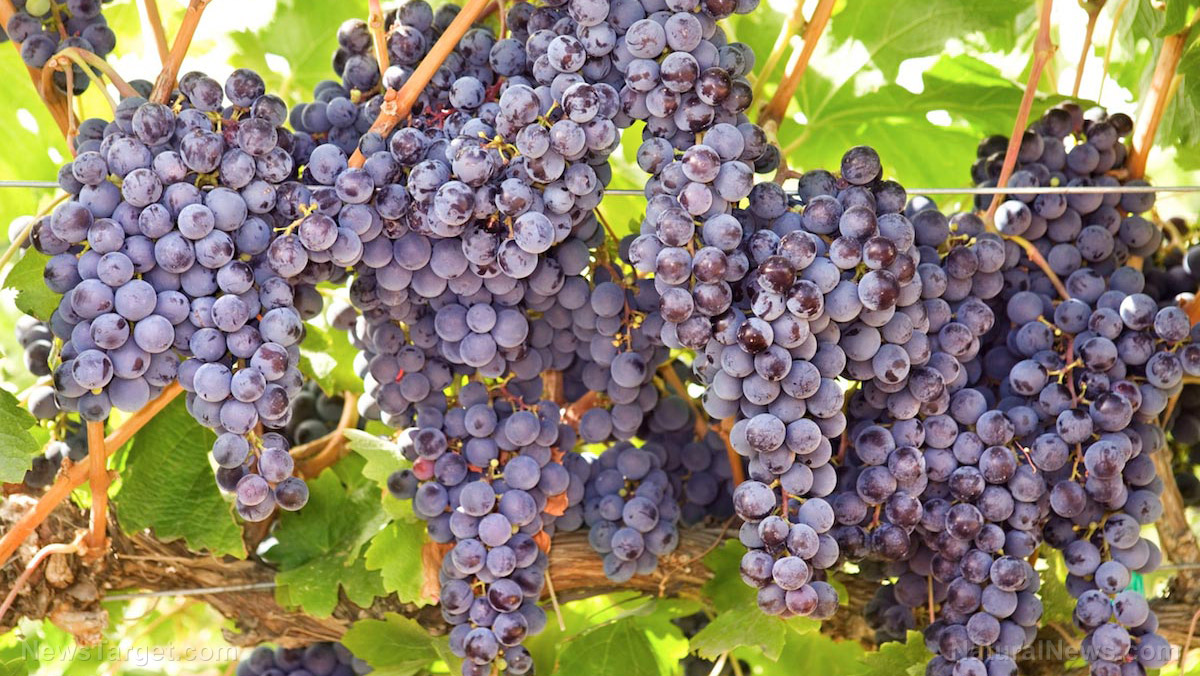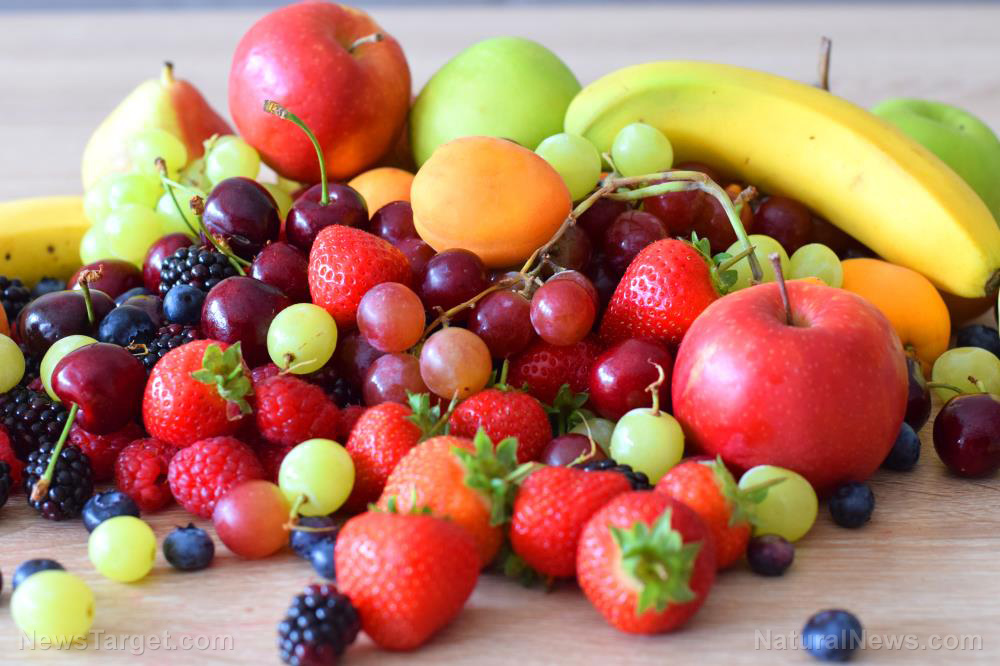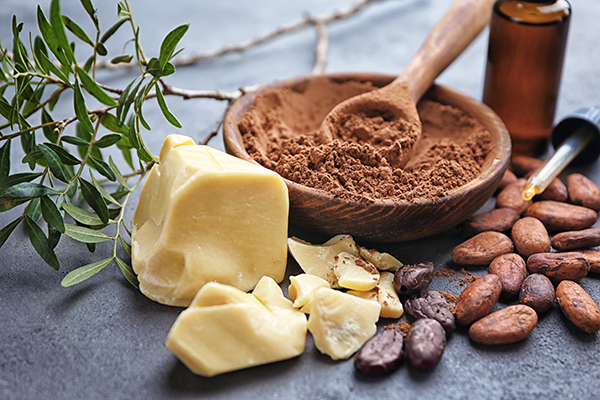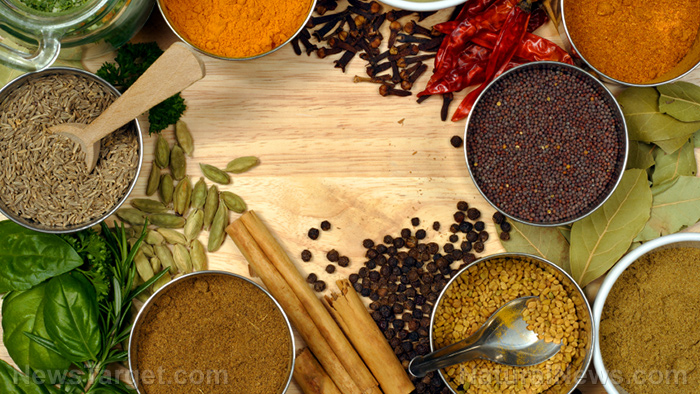3 Little-known cancer-fighting foods to add to your diet
12/14/2019 / By Arsenio Toledo

Feeding the body with nutrients that support healthy cellular function is essential to fighting cancer and can help people recover from this deadly disease. A great way to do nourish the body is through the consumption of superfoods rich in anticancer compounds. Of these foods, there are three lesser-known ones that can give the body the nutrients needed to stay strong against cancer’s onslaught: cacao, broccoli sprouts and tiger nuts. Here are some fast facts about these superfoods.
Cacao
The cacao is the dried and fermented seed of the Theobroma cacao or the cacao tree. It is popular as the main ingredient in chocolate and, in its raw and less-processed form, is the purest product that comes from T. cacao that you can consume. Because of the processing that chocolate products go through, they lose many of the nutrients that make cacao a superfood. Raw cacao, on the other hand, has an excellent nutritional profile and is loaded with antioxidants. In fact, it has 40 times the antioxidant content of blueberries.
The consumption of superfoods rich in antioxidants can reduce the risk of cancer and other similar chronic diseases. Cacao’s beneficial properties that help fight off cancer are well-documented. One study published in the journal Pharmacognosy Communications showed that cacao has an inhibitory effect against some cancer cells.
Broccoli sprouts
Broccoli sprouts are potent killers of cancer cells thanks to their unusually high sulforaphane content. Sulforaphane is a sulfur-rich compound that can be found in other cruciferous vegetables like cabbage, spinach, kale and cauliflower. Sulforaphane’s strong anticancer properties include its ability to inhibit the growth of cancer cells by releasing antioxidant and detoxification enzymes that protect the body against carcinogens. Various test tube and animal studies have also shown sulforaphane to reduce the size and number of various types of cancer cells.
Furthermore, a population study published in the Annals of Oncology found that consuming broccoli sprouts and other cruciferous vegetables could significantly reduce cancer risk.
Dr. Paul Talalay, a renowned professor of pharmacology and molecular sciences at Johns Hopkins University who passed away in March 2019 and who spent over 25 years of his life studying vegetable compounds, once said that “Three-day-old broccoli sprouts consistently contain 20 to 50 times the amount of chemoprotective compounds found in mature broccoli heads and may offer a simple dietary means of chemically reducing cancer risk.”
Tiger nuts
Tiger nuts (Cyperus esculentus) aren’t actually nuts. They’re called nuts because of their appearance, but they’re edible tubers. Tiger nuts are an ancient superfood and a very reliable source of nutrition, especially for ancient Egyptians. Pharaohs loved tiger nuts so much that they wanted to be entombed with them.
Much like cacao and broccoli sprouts, tiger nuts are a rich source of antioxidants such as vitamin E, which protect the body from harmful free radicals. In fact, just one ounce (28 g) of tiger nuts can provide 278 percent of your recommended daily intake of vitamin E. They are also capable of improving your digestive and cardiovascular health, boosting your immune system and regulating your blood sugar levels.
While eating anti-cancer superfoods can significantly reduce your risk of cancer, a healthy diet alone isn’t enough. A diet rich in superfoods must be coupled with regular exercise and minimizing or avoiding the consumption of substances like alcohol and tobacco. But, if you make it a habit to regularly eat cacao, broccoli sprouts, tiger nuts and other superfoods, then you’re well on your way to a healthy – and hopefully cancer-free – lifestyle.
Sources include:
Tagged Under: anticancer, broccoli, broccoli sprouts, Cacao, cancer cures, cancer treatment, food cures, food is medicine, functional food, grocery, immune system, organics, prevention, Raw Cacao, remedies, tiger nuts, veggie
RECENT NEWS & ARTICLES
FoodCures.News is a fact-based public education website published by Food Cures News Features, LLC.
All content copyright © 2018 by Food Cures News Features, LLC.
Contact Us with Tips or Corrections
All trademarks, registered trademarks and servicemarks mentioned on this site are the property of their respective owners.




















